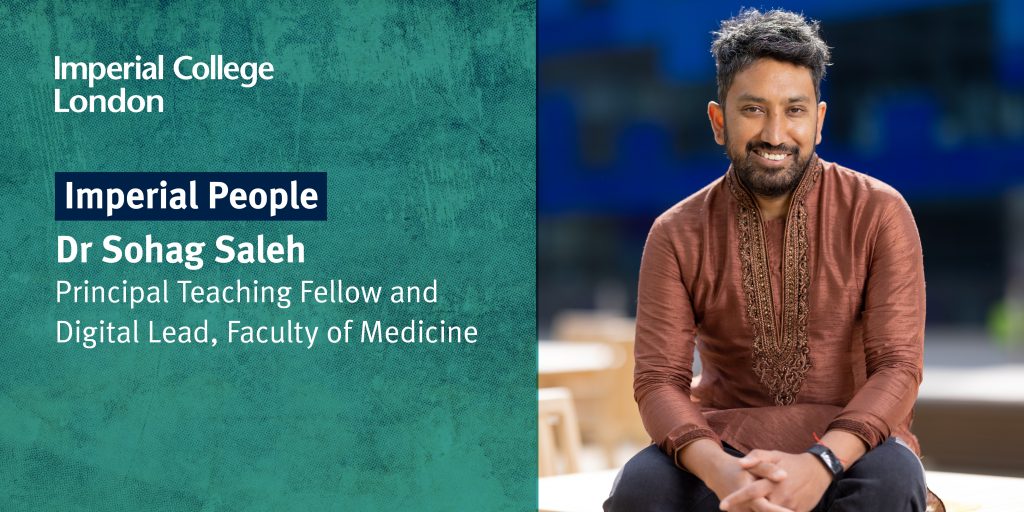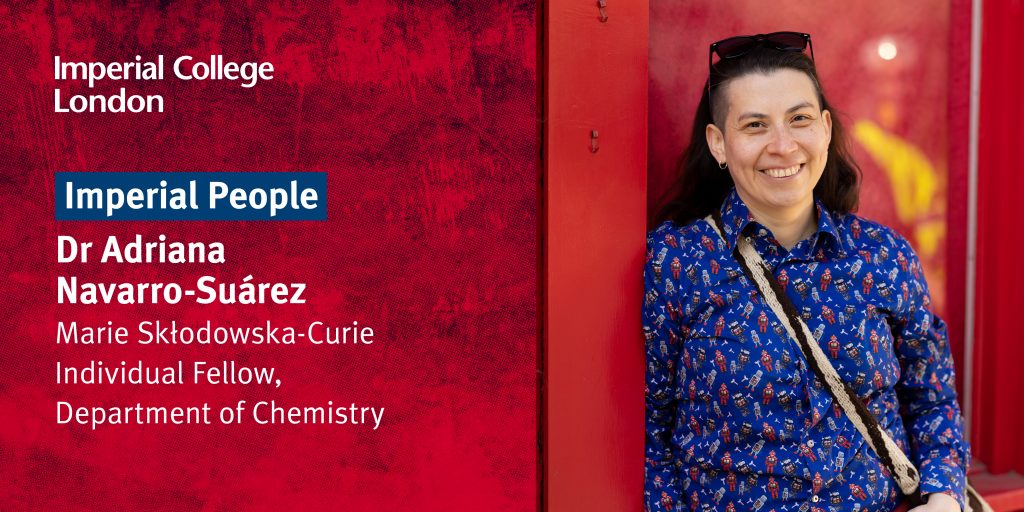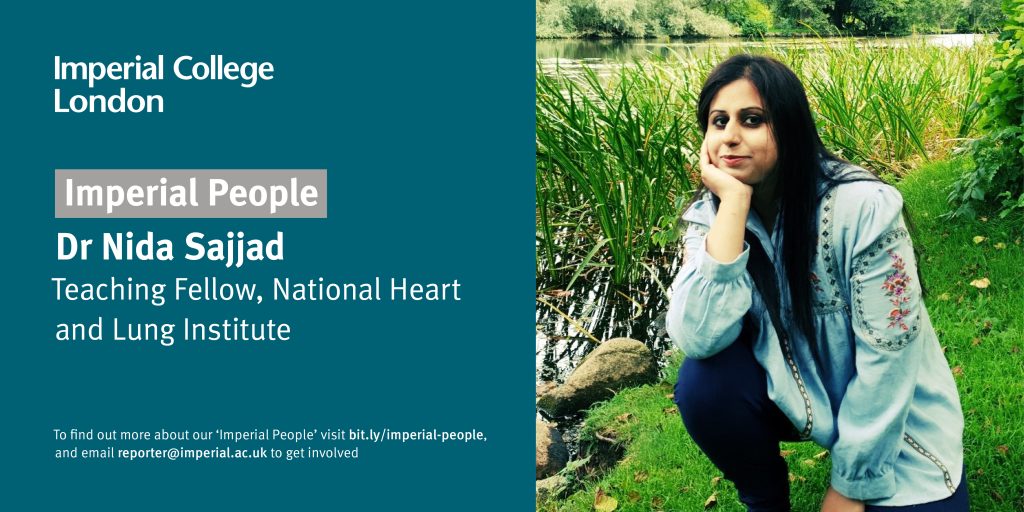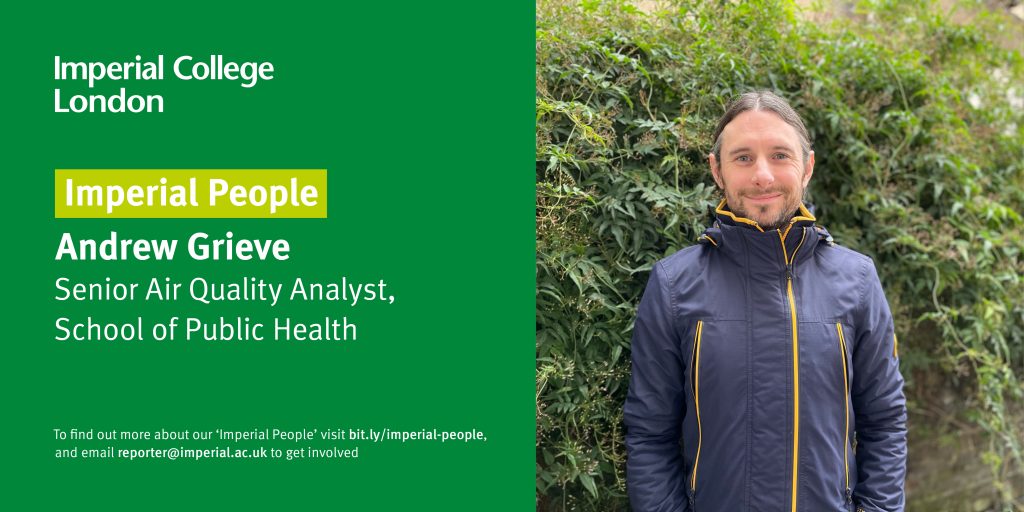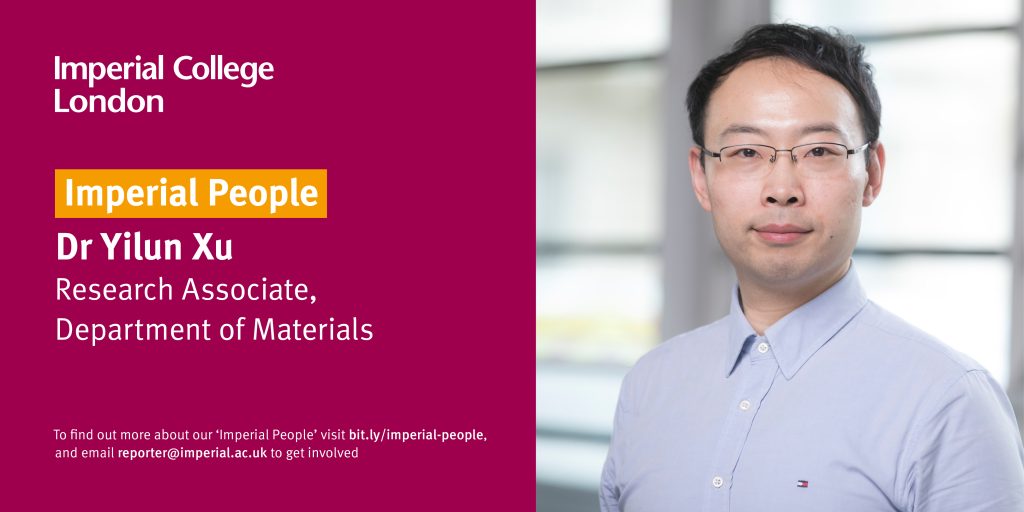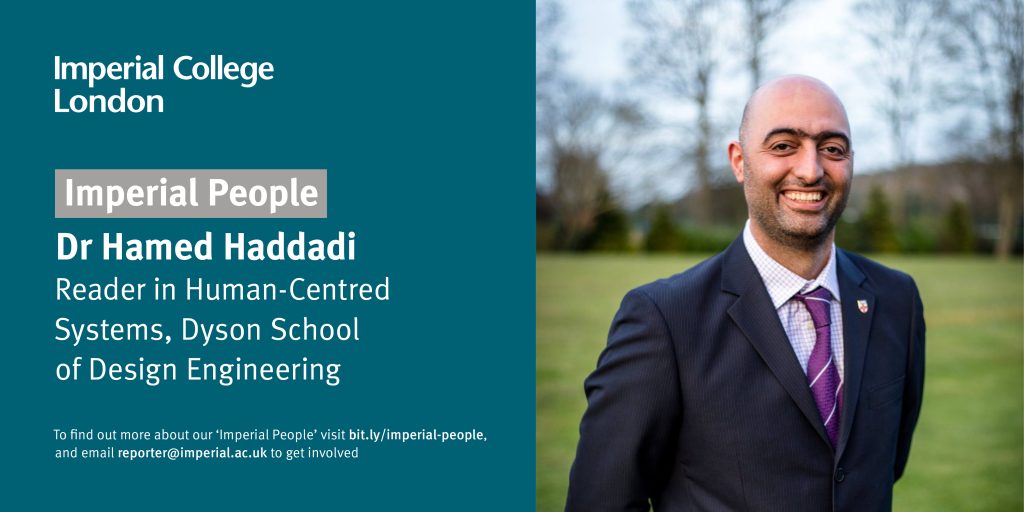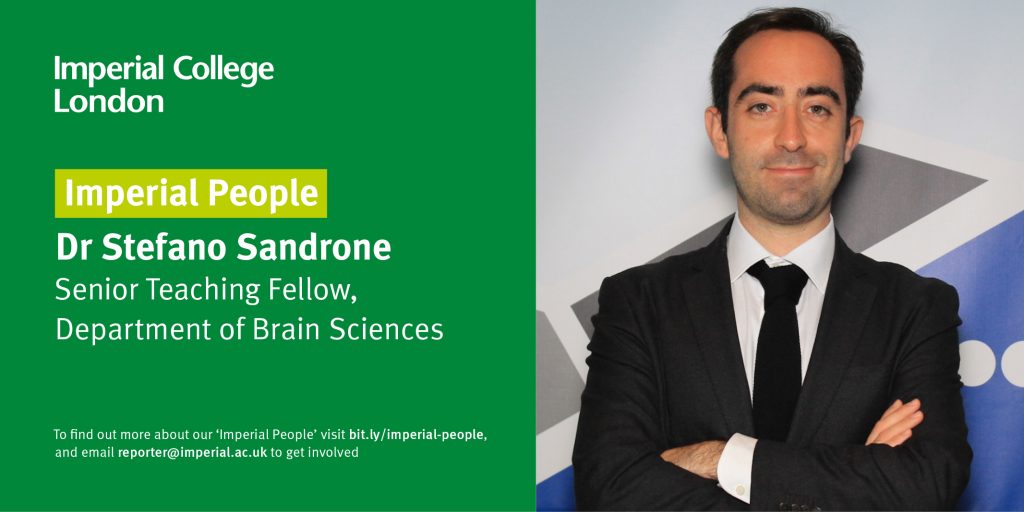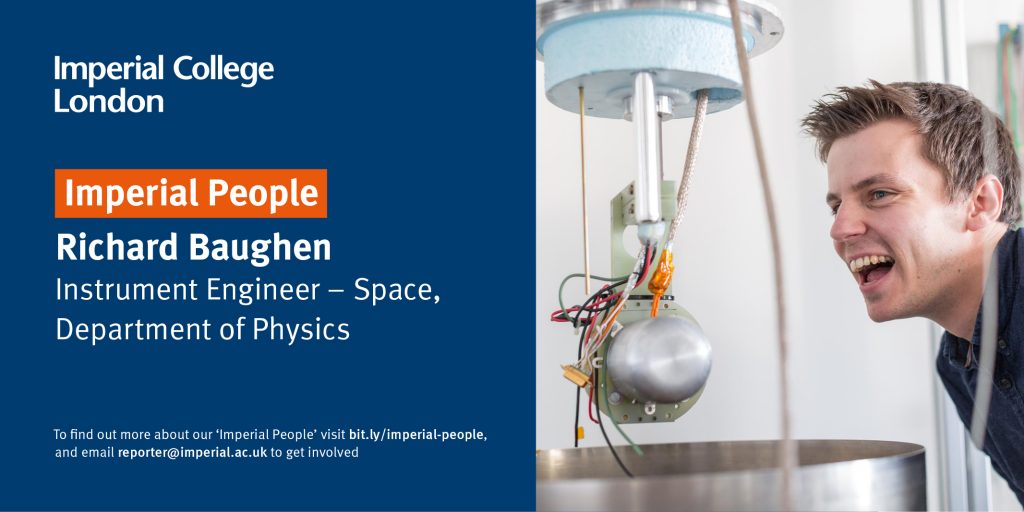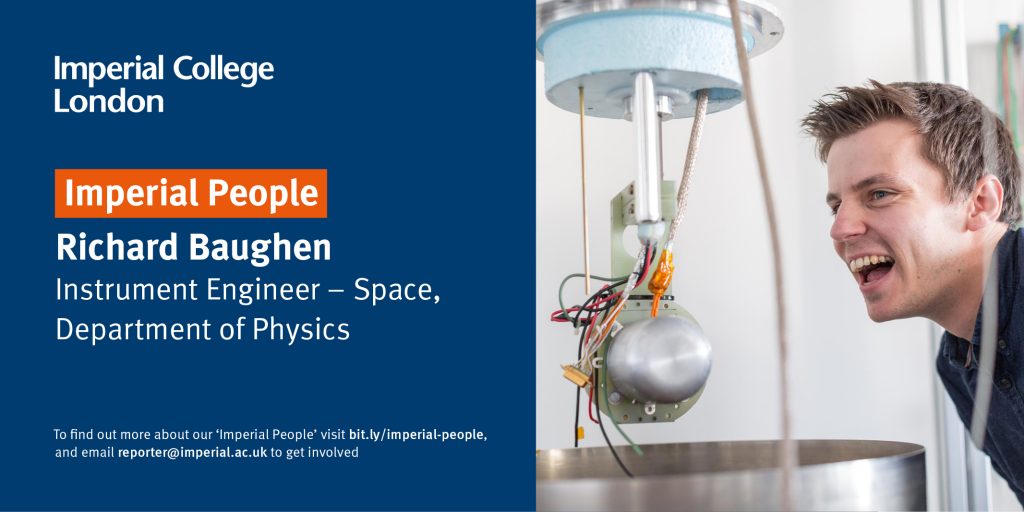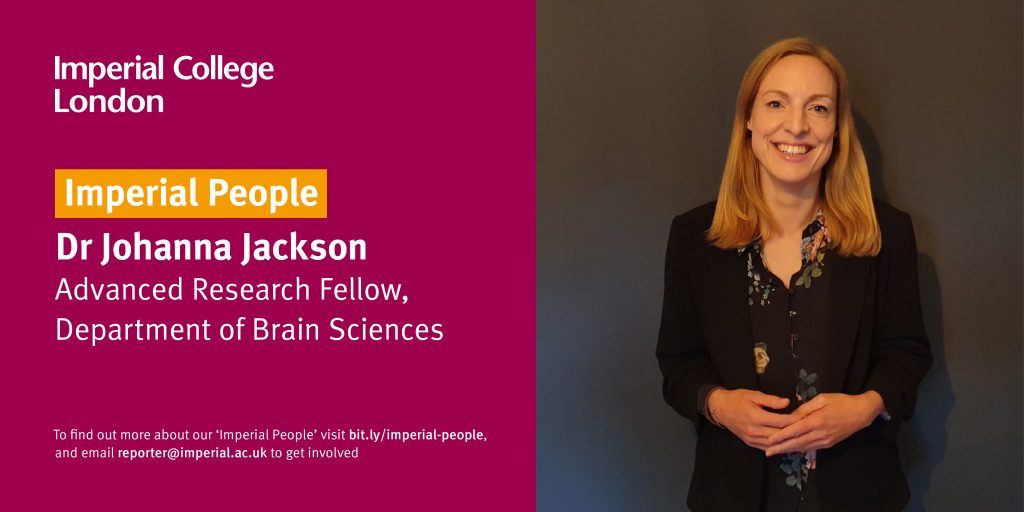
“My EDI work includes a recent initiative using TikTok, funded by the College’s Equality, Diversity and Inclusion Seed Fund.”
“I actually did my PhD at Imperial and then, after gaining some postdoctoral experience, moved into industry to research Alzheimer’s disease. A few years later, I became a senior research scientist with my own group focussing on synapse loss in Alzheimer’s disease. After eight years, I decided to leave industry and move back to academia – a slightly unusual move!
“My current role involves leading the UK Dementia Research Institute’s Multi-‘omics Atlas Project, setting up my own group and being the Equality, Diversity and Inclusion (EDI) Lead for the Department of Brain Sciences. MAP is an initiative to map the cellular pathology in Alzheimer’s disease in post-mortem human brain tissue. My research focus is how synapses (the connections between brain cells) are affected in the human disease and identifying ways of rescuing those that are lost.
